COP30 in the Amazon
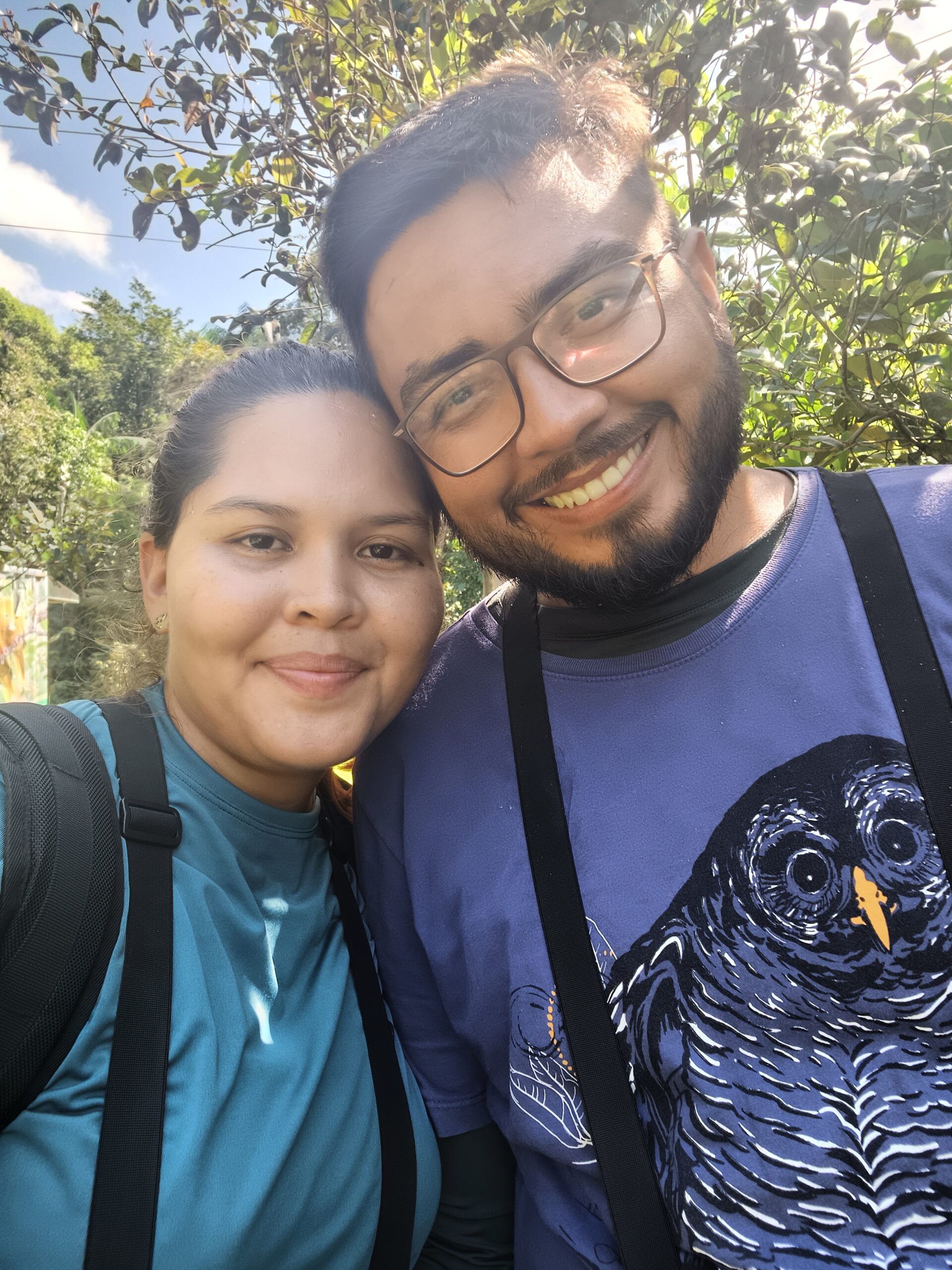
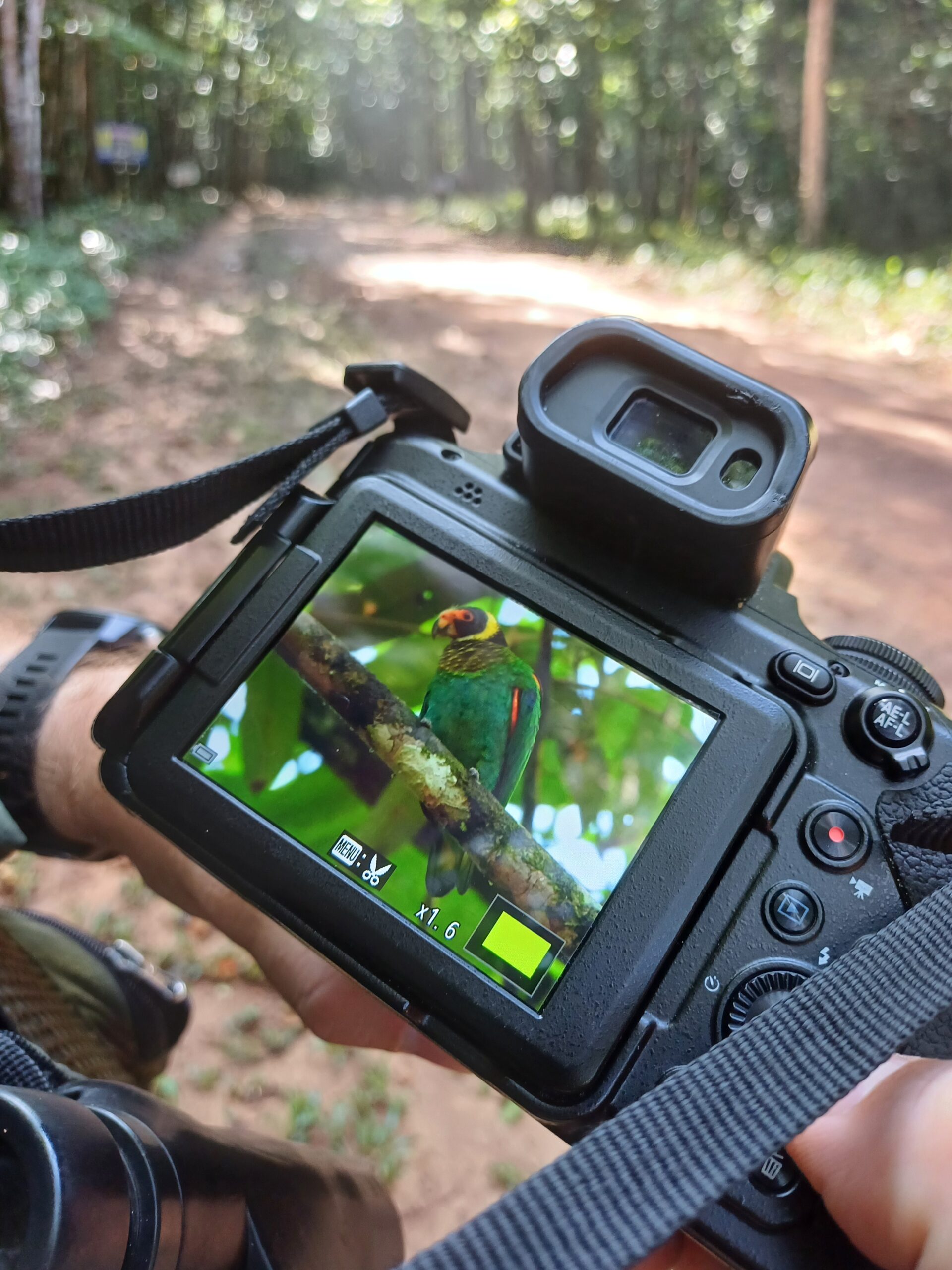
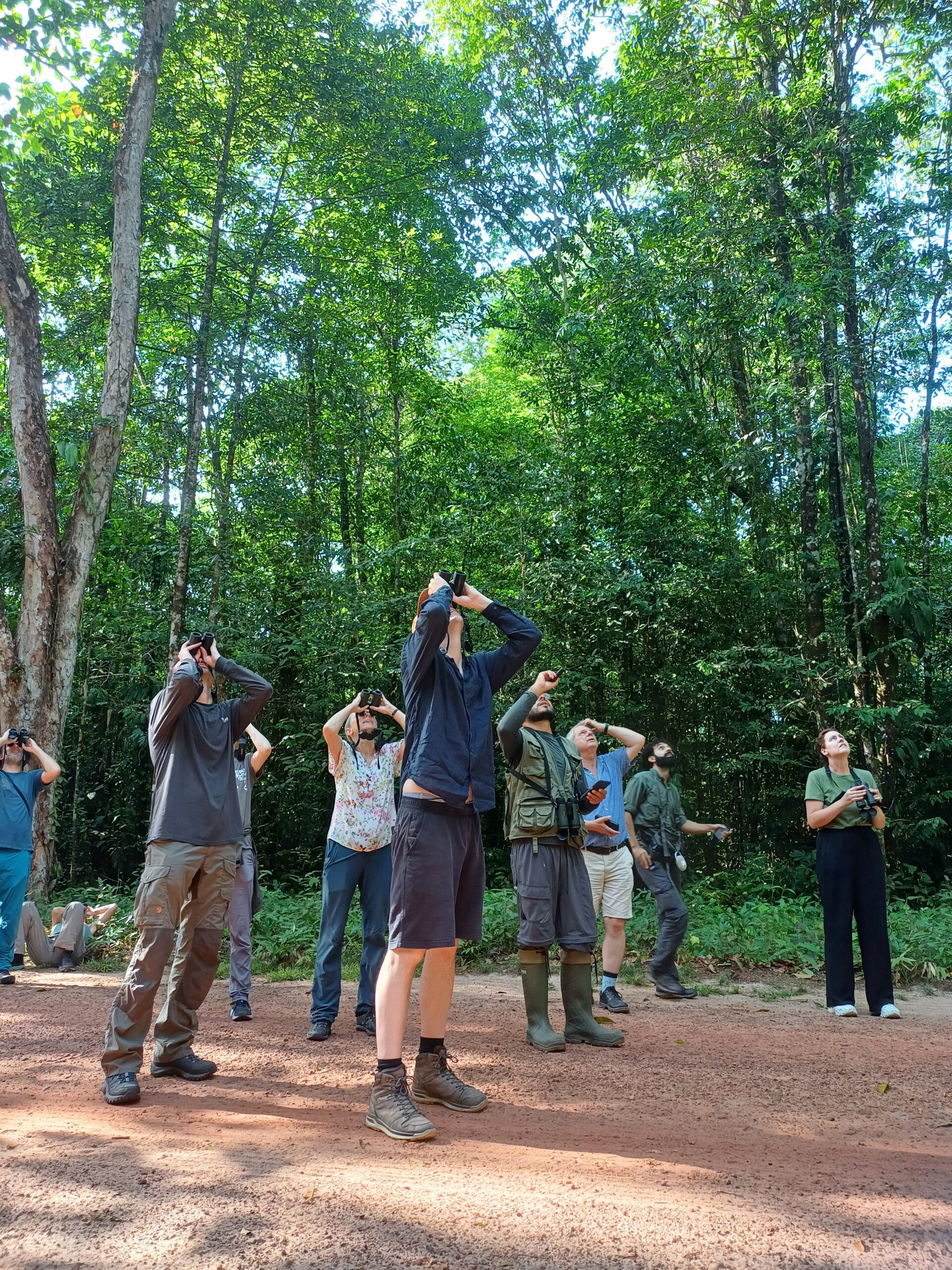
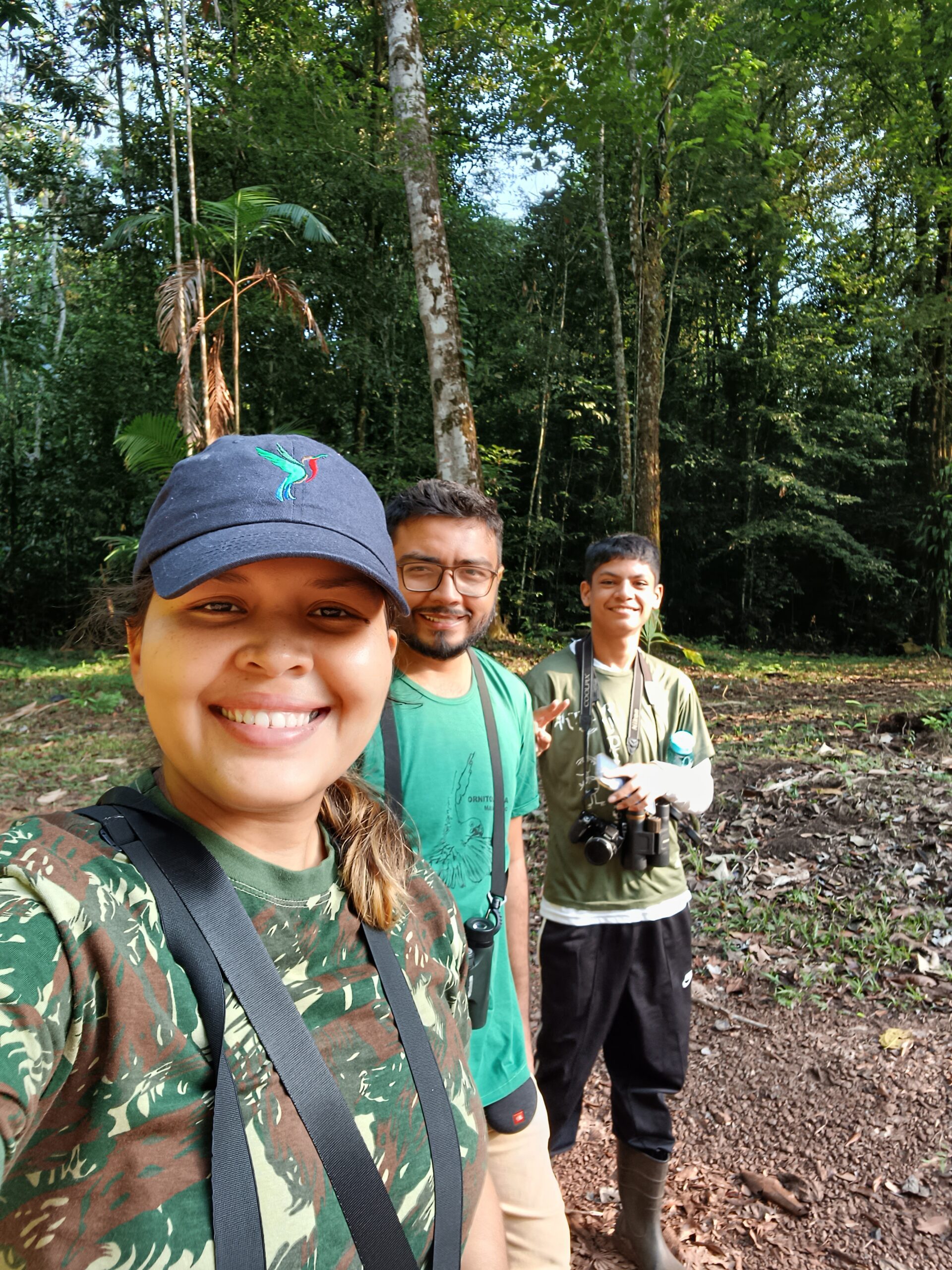
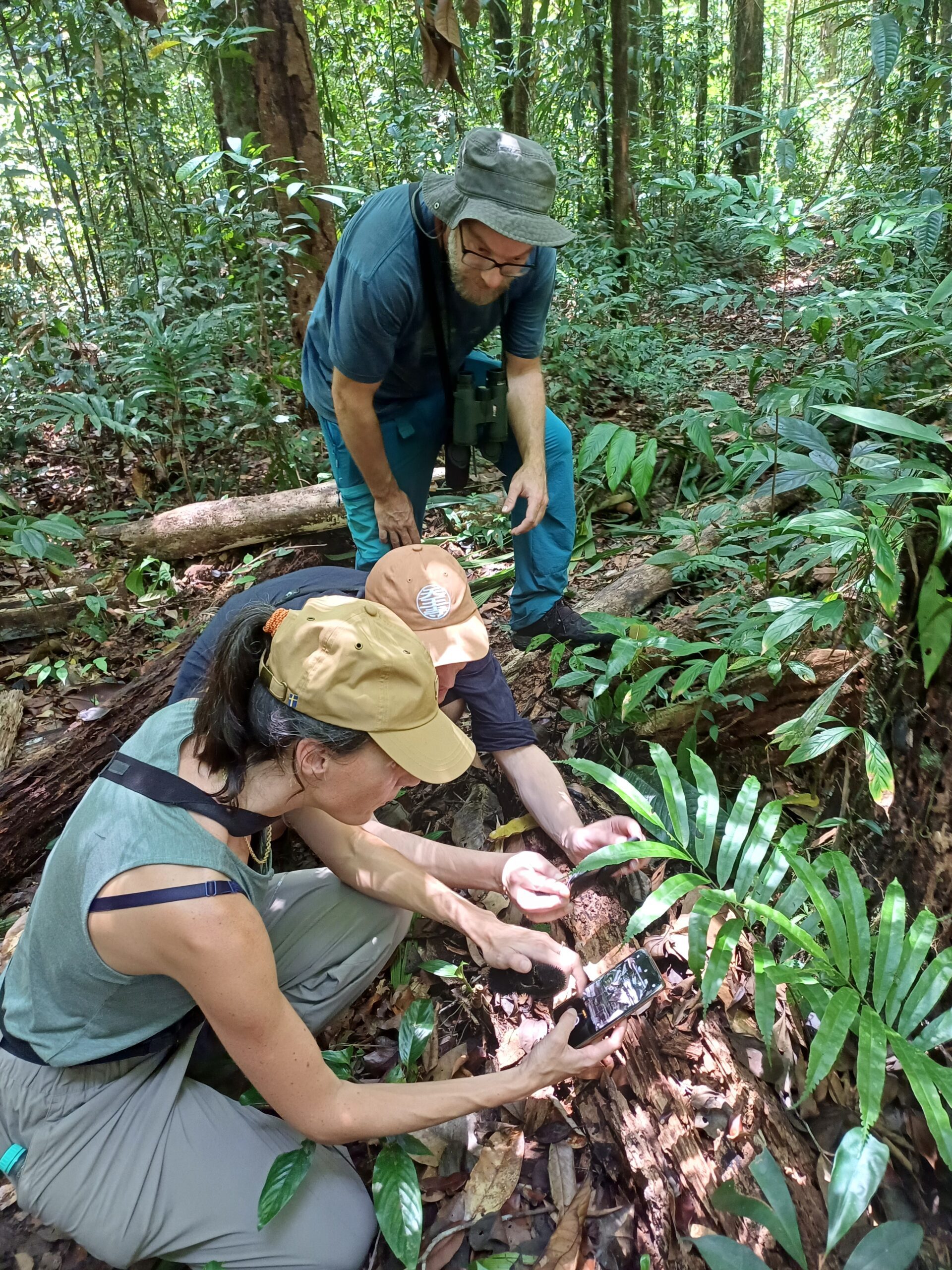
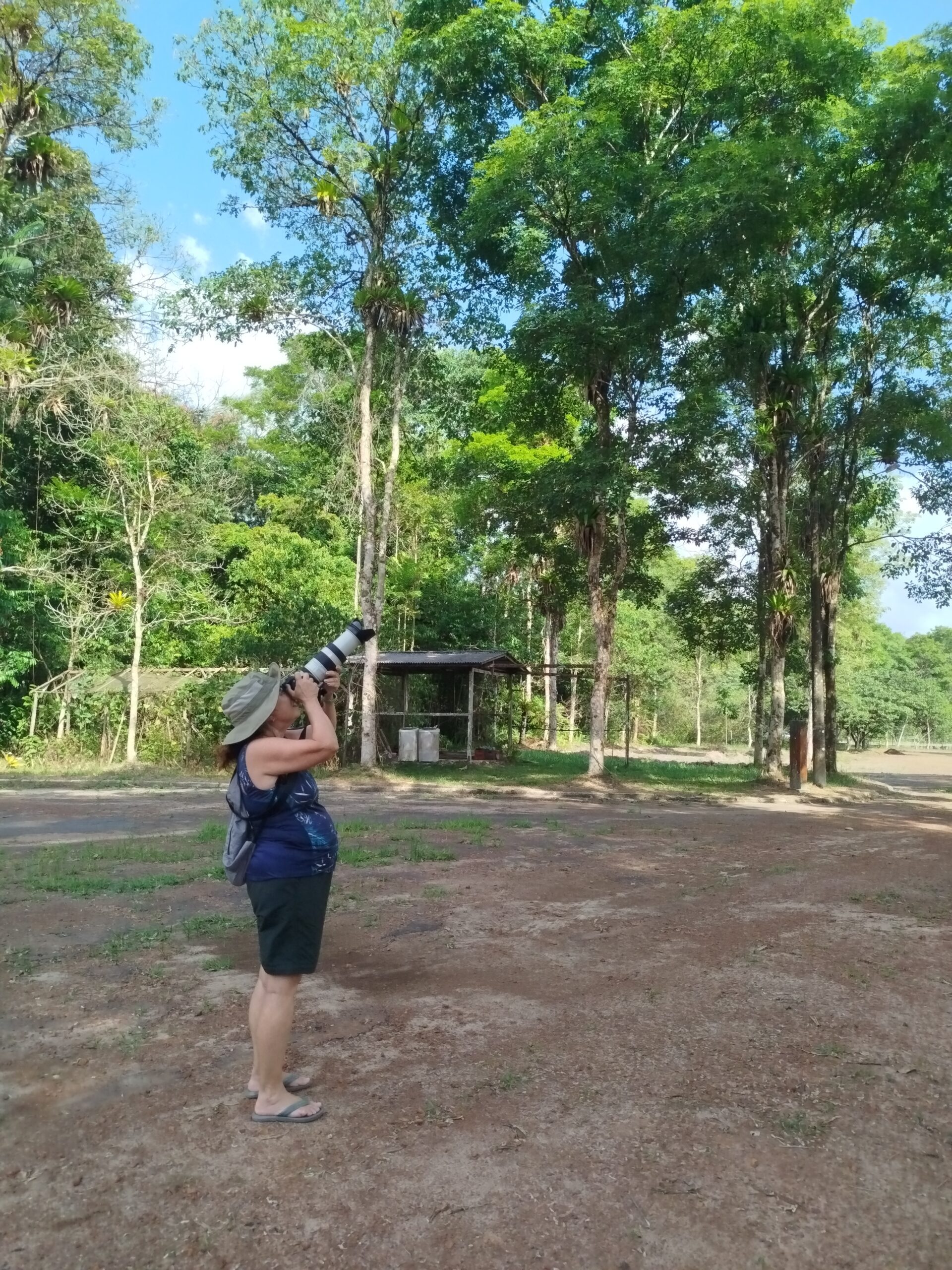
COP30, as the 30th Conference of the Parties to the United Nations Framework Convention on Climate Change is known, will be a major global gathering bringing together leaders from nearly every country in the world to discuss action against climate change. It will take place in Brazil, in Belém, Pará, in November 2025, and will be the first time a COP is held in the Amazon. During the event, countries will negotiate commitments and policies on reducing greenhouse gas emissions, climate finance, the preservation of forests and ecosystems, energy transition, and climate justice.
Hosting COP30 in the Amazon highlights the importance and visibility this place deserves, as it is essential for global climate balance. Beyond the territory itself, it emphasizes the importance of giving voice to Amazonian communities, to the people who live here and speak for the forest. We Amazonian environmentalists, who live in one of the countries that kills the most environmental defenders, hold a fragile hope that this event will not continue to show only the Amazon from above, a "drone's-eye" view, but will amplify our struggles, showcase the challenges and difficulties of preserving our territories, and walk with us with feet on the ground we tread.
Those who come to COP30 will visit the Pará Amazon, the place known by biodiversity researchers as the Belém Center of Endemism, the historically and currently most degraded area of the Amazon, where some of the main contributors to this deforestation are sponsors of this event. It's hard to believe that an event like this isn't part of a global charade where urgent climate solutions are slow-cooked while we extract the last drop of oil from the ground, bury the last indigenous person, silence the last environmentalist, and our planet is reduced to billionaires living in spaceships.
Despite the apathy and hopelessness about whether this event will truly be a turning point for climate commitment, it can still drive investment in sustainability and ecotourism in the region and bring debates about indigenous peoples, local communities, and forest conservation into the spotlight. And perhaps it will be at this moment, when the entire world turns its eyes to the Amazon, that we'll see increased international visibility for the region, interest in nature tourism and sustainable tourism, and appreciation for authentic experiences offered by local enterprises. Perhaps COP30 can reinforce the importance of low-impact tourism models with direct benefits to local communities, attracting researchers, journalists and environmentalists, visitors seeking educational experiences about conservation and biodiversity, universities and NGOs interested in local partnerships. Perhaps more green financing programs will emerge (for tourism, clean energy, conservation, etc.), partnerships with international cooperation agencies, and sustainable infrastructure projects (improved access, signage, professional training). In short, there are many potential improvements we might access thanks to this event in Belém, and perhaps this is the unfair trade-off for more exploitation and destruction of our forests and territories.
Still, whether COP30 leaves lasting improvements or passes as a memory of a historic moment for the country, we will remain here. We will continue in our daily struggles to preserve the forests, to value biodiversity and local communities, to awaken in our people this sense of belonging to this living, pulsing forest. After all, those who were born in the Amazon were not born here by chance—we are guardians of the territory and of ancestral knowledge. That's why I invite you to learn about this initiative that goes beyond being a tourism agency or a space for birdwatchers. We are part of the Amazonian territory, we are Amazonians, committed to responsible, sustainable, and fair tourism.
